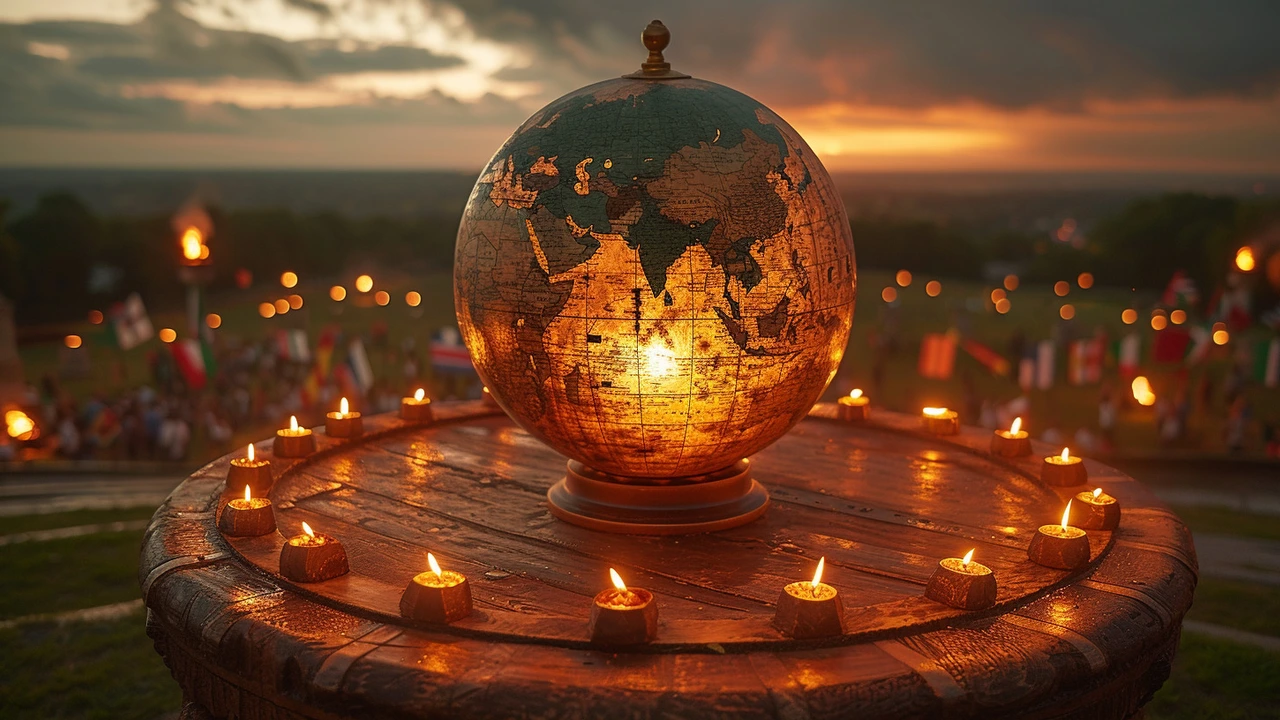Think of peacekeeping as one of the hardest jobs you rarely hear about. People in blue helmets walk into unstable places, protect civilians, help rebuild services, and make space for politics to work. This tag collects stories, analysis, and profiles that show why peacekeeping deserves respect—and how it actually helps communities recover after conflict.
Peacekeepers come from many countries and backgrounds: soldiers, police, medics, engineers, and civilian experts. Some are on the front lines, patrolling checkpoints and protecting refugees. Others advise local police, support elections, or run training programs for courts and hospitals. You’ll also find profiles of thinkers like Denis Stairs, whose work on foreign and defence policy shapes how countries support peace efforts from the outside.
These people work under tough rules and strict limits. They cannot fix every problem, but they create safety that lets other work begin—schools reopen, aid gets through, and local leaders can meet without fear. That steady, often quiet work is why many call peacekeeping a "noble profession." It mixes courage, patience, and practical skill.
On a practical level, peacekeepers do a few core things: protect civilians, monitor ceasefires, help disarm fighters, support the rule of law, and assist with humanitarian relief. For example, a unit might escort food convoys one day and help train police the next. Missions adapt fast because conflict zones change fast.
Challenges are real. Mandates from international bodies can be unclear. Local politics can block progress. Peacekeepers risk attack and face mental strain after long deployments. Technology helps—satellite imagery, drones, and better communication let teams spot threats sooner—but tools don’t replace local knowledge and trust. Successful missions combine technology with strong ties to local leaders, NGOs, and communities.
Mental health and support systems matter, too. Troops and civilian staff return home with stories that stay with them. Good training before deployment and counseling after service reduce long-term harm. That care is part of treating peacekeeping as a profession, not a one-off duty.
Under this tag you'll find long reads on strategy, first-person accounts from the field, and practical guides on conflict management and community rebuilding. You’ll also read about humanitarian work tied to peacekeeping—how rebuilding schools or water systems can stop violence from flaring up again.
If you want clear, readable insights into how peace is built, start with mission examples and personal stories here. Read about the strategies that worked, the mistakes that taught lessons, and the people who keep showing up when it matters most.
Got a question or an experience to share about peacekeeping? Reach out through our contact page and add your voice to the conversation.

Hi there! Just finished writing on such an inspiring subject that I need to share - peacekeeping and why it's genuinely a noble profession. This profession is one of the cornerstones of maintaining global security and stability. It's about brave men and women performing humanitarian services in areas of conflict, putting others' safety before their own. Join me in exploring this admirable job and the heroes behind it.
